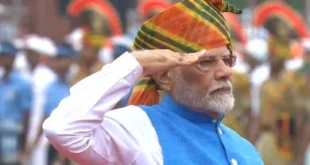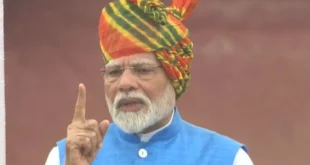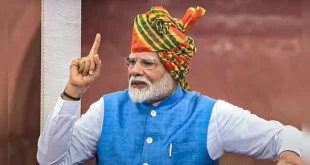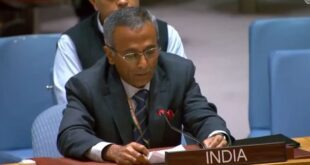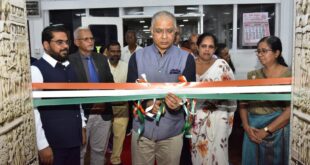Virendra Singh Rawat
Economic journalist
The ongoing Uttar Pradesh assembly poll has largely been themed around demonetisation and its various apparent and implicit implications.
Almost all major political parties had carefully weaved their pivotal political messages and narratives around demonetisation to the purported benefits or its negative fallouts on Indian economy.
Now, with UP election at the threshold of culmination on March 8 to be marked with voting in the concluding 7th phase, the real test of demonetisation would soon come into play.
Demonetisation, which had sapped almost 85 percent of the total Rs 15 lakh crore of cash circulating in economy, has nonetheless recapitalised public and private sector banks to the brink.
The low cost deposits with the commercial banks have a huge potential to be a force multiplier for Indian policymakers to harness its many positives for a more liberal and macro-integration of domestic economy.
Since, elections were underway in UP and 4 other states simultaneously viz. Uttarakhand, Punjab, Goa and Manipur, the model code of conduct had debarred the central government from announcing any major policy initiative to boost credit growth and leverage demonetisation.
However, with polls at the fag end, there is all likelihood that the Narendra Modi government would not embark on the next major step of its larger blueprint to expand tax net, check cash economy, spur digital banking and financial inclusion of the unbanked masses.
Since inflation at stiff levels, the Reserve Bank of India (RBI) is likely to hold on to its hawkish stance with regards to key policy rates.
This could well prompt the Centre to take proactive steps on major fiscal policy front to encourage commercial banks walk an extra mile to boost credit availability to industry and retail customers at competitive prices and to remain competitive themselves at a time, when smaller banks are coming out with innovative products and expanding footprint in rural hinterland.
In the backdrop of the slowdown in global economy and bleak projections for the coming quarters, the challenge for Indian policymakers is to prop up the sagging domestic economic sentiments and increase public and private investments to create jobs, increase income and consequently spur consumption of goods and services without spiking inflation and fueling fiscal deficit.
Besides, demonetisation is a precursor to the rational Goods and Services Tax (GST), which is targetted to be implemented from July 2017.
 Politics Insight News Without Politics
Politics Insight News Without Politics
